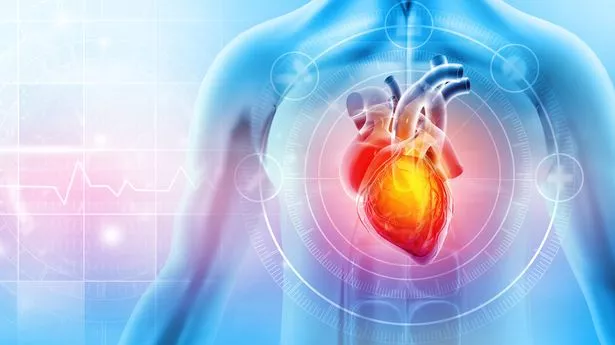While data has suggested aspirin may be beneficial for more than headaches, new research gives hope for impact on cancer
Data from the 1970s
A new study by scientists from Oxford, Edinburgh, London and Japan shows that at low doses, aspirin can significantly reduce the risk of a range of cancers. Professor Peter Rothwell of the Department of Clinical Neurology at Oxford University, who led the work, prescribed aspirin for many years to patients with minor strokes and was interested in other possible effects. ‘There is some data going back to the 1970s,’ explains Professor Rothwell, ‘suggesting that aspirin might have an effect on growth development of cancers in the laboratory cell cultures, and in animal models of cancer.’ There was also some supporting observational data in humans. But the problem with lab data is that the effect on animals isn’t necessarily the same as humans. And observational data isn’t always reliable. Professor Rothwell gives the example of studies of Hormone Replacement Therapy which suggested that HRT prevented heart attacks and strokes in middle aged women, but subsequent trials showed the studies were biased.
Proof-of-principle
So the team followed up aspirin trials on heart attacks and strokes from the 1980s and 1990s. They looked at whether there was a difference in cancer rates 20 and 30 years on. ‘We originally looked at some of the high dose aspirin trials and showed that aspirin definitely prevented colon and rectal cancer. Useful proof-of-principle but not particularly clinically useful, so we showed in a paper a couple of months ago in The Lancet that low dose aspirin also prevented colon and rectal cancers. This suggested that low dose aspirin may also prevent other cancers and that led to the next paper.’
Lasting benefit
The data suggests a lasting benefit of taking aspirin. People who had taken aspirin for a period had 20 per cent lower risk of death from certain types of cancer and 35 per cent lower for gastrointestinal cancers. ‘We know from the trials of aspirin looking at heart attacks and strokes that there is a small benefit from aspirin in helping middle-aged people in terms of preventing heart attacks and strokes. That’s partly offset by the risk of stomach bleeding, but there is still some benefit. When you add in the cancer benefit on top of that it pushes things much more in favour.’


0 Comments